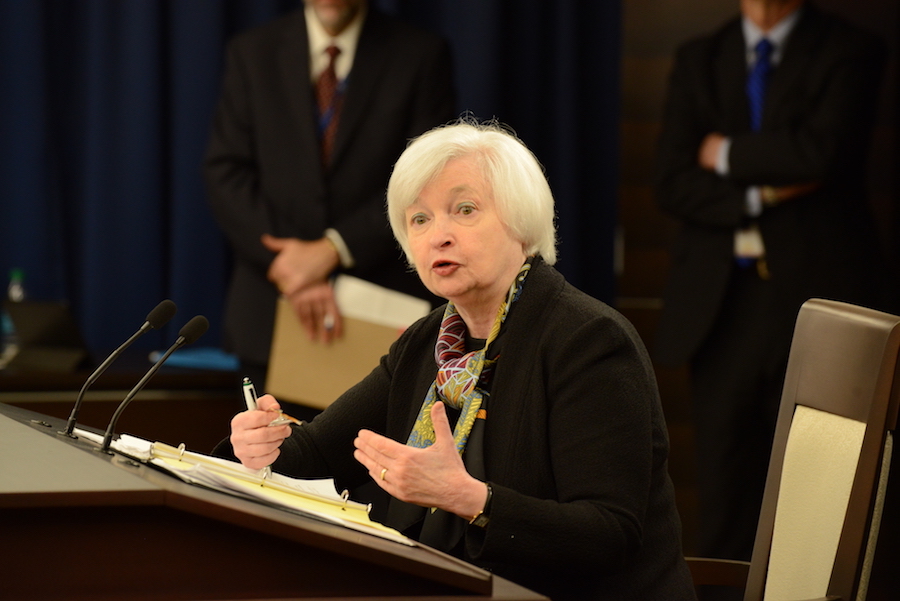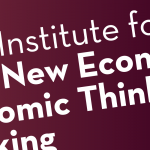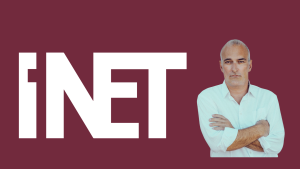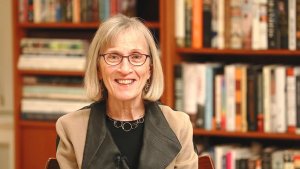Past failures, present uncertainty, and a challenging political environment have vastly complicated the central bank’s task, says Institute President Rob Johnson
The difficulties facing the Federal Reserve in setting monetary policy for a sluggish economy are exacerbated by the increasingly toxic political climate in the United States, and Bloomberg reports that even inside the Fed there is growing division over whether or not to raise interest rates.
Bloomberg’s Peter Coy writes:
“It isn’t easy running a central bank, especially during an election campaign, and even more so during this campaign, when there’s a deep division within the economics profession over whether U.S. interest rates are too low. As the uneven record of central banking goes to show, setting interest rates is a bewildering business. But exposing that bewilderment to the public makes the Fed seem ineffective, which renders it more vulnerable to attack from the likes of Trump, who said in the debate that the Fed ‘is being more political than Secretary Clinton” and is keeping rates low to help President Obama until he hits the golf courses in January’.”
Coy quotes Institute President Robert Johnson warning that the Fed’s dilemma reflects a more profound institutional crisis, resulting from the dulling of it aura of expertise as a result of its failure to impose sufficient regulation before the financial crisis, and its overoptimistic assumptions about the recovery from that crisis: “The legitimacy of experts is just smashed,” Johnson told Coy. “They’re viewed as marketing agents for power.” That, and the uncertainty within its ranks that the Fed is unable to hide, makes it more difficult to revive that aura. “I’m empathetic,” Johnson says. “They’re trying to control a system that’s uncontrollable.”






